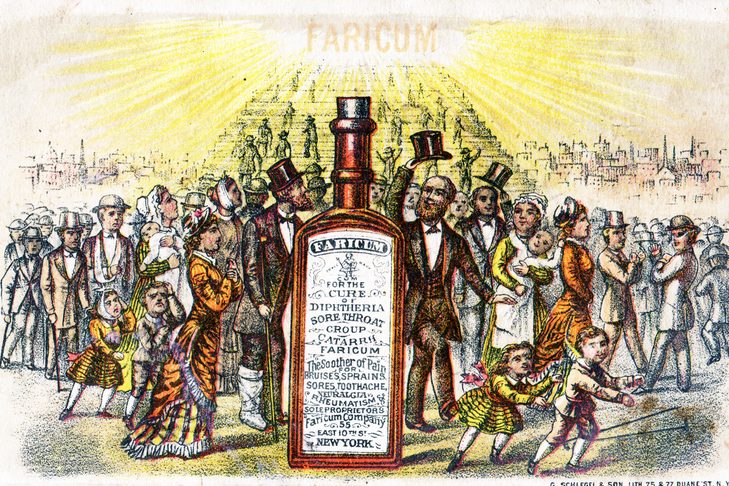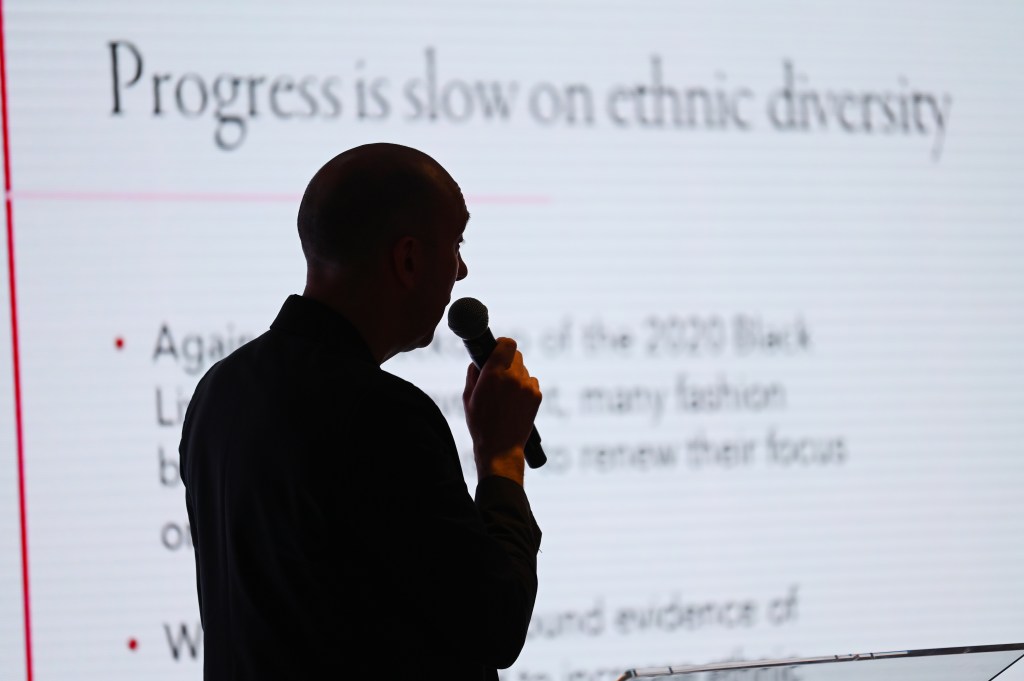A US judge ordered Wells Fargo to face a lawsuit alleging it defrauded shareholders by proclaiming its commitment to hiring diversity while conducting sham job interviews of non-white and female applicants it had no plans to hire.
US District Judge Trina Thompson in San Francisco rejected the bank’s motion to dismiss the case, saying plaintiffs sufficiently alleged the bank touted its effort to improve the diversity of its pool of candidates for jobs paying $100,000 or more while knowing the initiative was mainly window dressing.
She rejected arguments that there was insufficient proof that fake interviews were widespread, or that top officials (including Chief Executive Charles Scharf) knew about it.
“Wells Fargo conducted widespread ‘sham interviews’ of diverse candidates in which Wells Fargo interviewed diverse candidates that would not be hired,” the court said, referencing the plaintiffs’ allegations, and “sought out diverse candidates to interview for positions that had already been filled, or for which the candidate was not qualified for and could not receive an offer.”
Diversity objectives
In about a dozen communications, including in filings with the SEC and in public remarks, according to the ruling, the bank put a spotlight on its effort on behalf of diversity, equity and inclusion (DEI) objectives to fill its ranks with more minorities, women, people with disabilities and those who identify as LGBTQ.
But the effort was mainly for show, the plaintiffs alleged. Hiring managers brought in candidates for jobs that were already filled or who were not qualified for the position for which they were applying.
One person familiar with the effort claimed that “70-80% of all open positions in commercial banking” involved sham interviews.
Shareholders challenged 11 bank statements touting the success of a policy adopted in March 2020 that at least 50% of candidates interviewed for jobs paying at least $100,000 be minorities, women, or people in other disadvantaged groups.
They cited interviews with former employees, an internal whistleblower email, and the sudden retirement of a senior wealth manager who allegedly pressured the whistleblower into conducting fake interviews.
“To say we can just cancel ESG and DEI, and that phase is over, is deranged.”
Alison Taylor, professor, NYU
“The employee-submitted complaints, the peculiar timing of [the manager’s] departure, and defendants’ demonstrated focus on diversity issues supports a strong inference of [fraudulent intent] that is cogent and at least as compelling as an opposing inference that defendants remained oblivious,” Thompson wrote.
“Plaintiffs’ allegations that Scharf and [another executive] received communications via their individual email addresses, or the board email address, suggest that they were aware of these issues,” the judge said.
Prior cases
This is not the first case to involve Wells Fargo and question its approach to minorities – hiring them or selling services to them. In 2022, a Bloomberg analysis found that its 47% mortgage-approval rate gave it the worst record among major lenders when considering refinancing for Black homeowners.
And in 2012, it paid more than $184m to settle federal claims that it charged minorities higher fees and unjustly put them into subprime loans.
GRIP Comment
It is perplexing that managers would think communications about the true state of the hiring at the bank would not leak, considering a number one assumption in the workplace should be that any communication is able to be surveilled, discovered, or reported. And it’s hard to see how a quick-fix approach was seen as the optimal one, when the effect of being disingenuous is just to create a culture of cynicism and distrust.
Certainly before rushing into implementation, an organization could benefit from strategic engagement with experts for guidance – seeking support and the resources to see such a project through.
In spite of recent political and legal backlash to the concept of DEI hiring initiatives – never mind DEI offices or executive leaders – Americans continue to support diversity programs – and the acronym “DEI.”
A Washington Post-Ipsos poll in April found 61% of adults think DEI programs in the workplace are “a good thing,” and even larger shares supported specific initiatives such as anti-bias training (75%) and internships for underrepresented groups (70%).
Alison Taylor, book author and professor at New York University who focuses on corporate responsibility and business ethics, was asked recently about her predictions for the future in America.
Taylor said Vice President Kamala Harris is likely to stick closely to the Biden administration’s agenda on DEI as a presidential candidate, rather than go any further, to avoid being attacked as too liberal on these issues by Republicans and to present as the moderate choice.
For companies trying to figure out what to do next, Taylor warned of a backlash to the backlash.
Younger employees especially tend to be more liberal-minded and want to work for companies that nurture underrepresented groups, putting the onus on businesses to create “organizations that look like society and look like their friends,” she noted. Workers aged 18-29 are most likely to consider DEI in the workplace “a good thing,” with 68% saying so, compared with less than half of workers aged 50-64, according to a Pew Research Center study last year.
Even if Trump is the next president, it’s “hazardous” for companies to simply change their policies to pander to politics, Taylor said. “To say we can just cancel ESG and DEI, and that phase is over, is deranged.”
When I asked Taylor about the Wells Fargo issue – of course without knowing if the allegations in the lawsuit are true or not – she said “this is the perfect example of performative DEI efforts that seek to tick the box and miss the point.
“They drive backlash without actually improving diversity, which is the worst of all worlds,” she said.











